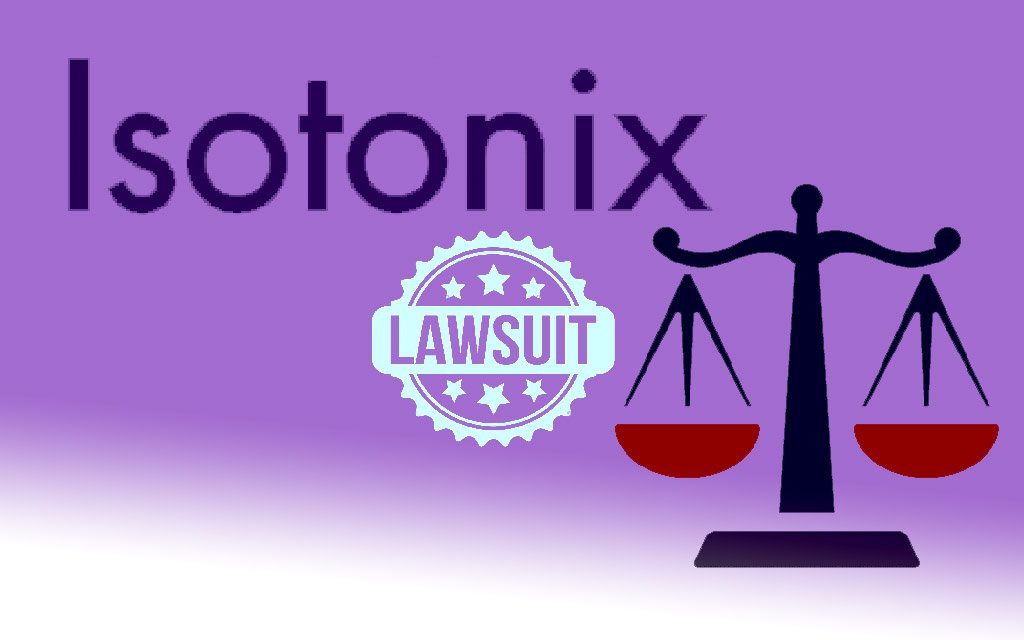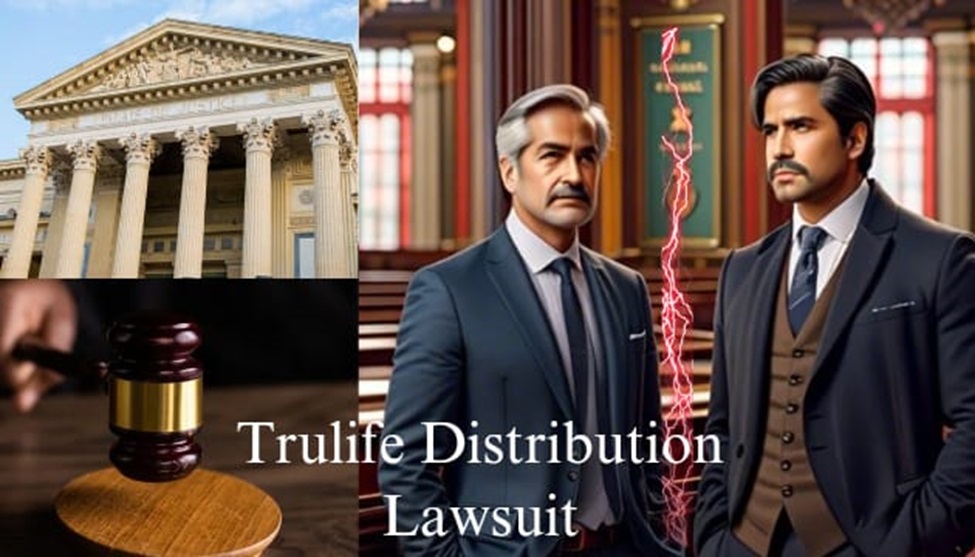Jehovah’s Witnesses have dominated several widely reported cases around the world. Such cases often raise religious liberty, child safety, and medical ethics issues. Specifically, each case reveals the problems this global religious institution faces.
In addition to that, the legal controversies expose conflicting personal liberties and institutional rules. As such, the decisions made in these cases affect the organization and public attitudes and legislation.
The Battle for Religious Freedom
Religious freedom is one of the pillars of modern society. However, Jehovah’s Witnesses are usually in a fierce legal debate to argue for this principle. It demonstrates how governments and legal systems operate against minority religions that are sometimes not known well.
Ban in Russia and Beyond
Jehovah’s Witnesses were declared an extremist organization by Russia in 2017. This move resulted in a blanket ban on the entire country and widespread persecution of its members. Authorities confiscated their properties, raided homes, and arrested their followers. Religious gatherings were put to an abrupt halt, and practicing one’s faith became a criminal offense.
However, human rights organizations severely criticized Russia’s moves. Notably, in 2022, the European Court of Human Rights ruled in favor of Jehovah’s Witnesses. The court declared the Russian government’s actions directly violated religious freedom. Judges criticized the move to brand a peaceful religious group as extremist, labeling the move unjustified.
This case, therefore, became highly publicized internationally. It highlighted the dangers posed to minority religious groups in autocratic governments. Supporters of religious freedom used the ruling as a basis for arguing for more robust safeguards for religious groups in other parts of the world.
Others Watching Closely
Assuredly, Russia’s actions had ripple effects in other states. For example, several governments started to scrutinize Jehovah’s Witnesses more closely. Critics of their practices often painted them as controversial, while others labeled them as victims of persecution. This debate has consequently brought up the fine line between concerns for national security and the need to protect religious freedom.
On the other hand, democratic governments showed support for Jehovah’s Witnesses. In their opinion, this Russian ban was a dangerous precedent. Meanwhile, the organization continues its fight to restore its legal status in Russia and other affected regions.
The Claims of Child Sexual Abuse
Child safety remains a pressing global issue. Jehovah’s Witnesses, however, face mounting lawsuits regarding their handling of sexual abuse allegations. Survivors and advocates demand not only accountability but also justice.
Major Lawsuits in the United States
In the U.S., Jehovah’s Witnesses faced a landmark child abuse lawsuit in Montana. The court blamed the organization for failing to protect her from known abusers after a jury awarded $35 million to a survivor in 2018. Internal policies that discouraged reporting abuse to authorities came under intense scrutiny.
However, in 2020, the Montana Supreme Court reversed the ruling. Judges ruled that the organization’s internal communications fell within the clergy-penitent privilege. This consequentially generated debates about the boundaries of religious confidentiality in abuse cases.
Read also: Open Payroll Massachusetts Lawsuit: Privacy vs Transparency
Ongoing Cases in Canada
In 2017, the class-action lawsuit by Canadian survivors against Jehovah’s Witnesses expressed that the organization was covering for abuse and protecting offenders. Survivors claimed that leaders dissuaded them from seeking help outside of the church.
The lawsuit also asked for structural reforms. Survivors were demanding policies requiring such abuse to be mandatorily reported to law enforcement. Hence, this case continues to gain attention because it increases awareness of institutional accountability and victim rights.
Global Scrutiny and Backlash
Countries around the globe are rethinking their approaches to abuse within religious institutions. Critics note the Jehovah’s Witnesses are seen as more concerned with covering themselves than covering the abuse, and such cases emphasize a need for safe harbors for individuals.
On the other hand, governments and advocacy groups are demanding more regulation. This will seek to ensure that religious organizations make transparent reports about abuse to the authorities as soon as it is known.
Medical Ethics: Balancing Faith and Autonomy
Jehovah’s Witnesses also face legal battles related to matters of medicine. Their avoidance of blood transfusions often conflicts with medical professionals and poses intricate ethical dilemmas.
Blood Transfusion Disputes
Jehovah’s Witnesses abhor the transference of blood owing to religious convictions. Consequently, this position frequently results in legal battles during health emergencies. For example, doctors argue that saving a life comes first, while patients claim it is their right to refuse treatment.
The organization advocates alternative treatments in medicine. The modalities involved are non-blood surgical procedures and other advanced medical procedures. However, not all hospitals can afford such alternatives, which has caused further disputes.
Well-known Case in Spain
In 2024, the European Court of Human Rights passed judgment on a controversial case. Doctors in Spain gave blood transfusions to a Jehovah’s Witness during emergency surgery over her objections.
The court, therefore, concluded that the physicians had breached her rights. Judges noted the need to uphold a patient’s autonomy and religion. Thus, This case ignited renewed discussions on medical ethics and patient consent.
Healthcare provider ethical dilemmas
The doctors treating Jehovah’s Witnesses encounter difficult choices. They should, therefore, respect religious beliefs and, at the same time, offer ethical care. Such scenarios underscore the continued challenge of having faith and a professional life.
In reaction to this, the medical associations keep formulating recommendations on how to handle such cases. They promote frank communication between patients and doctors to find acceptable solutions.
Lessons from the Legal Battles
Each legal case involving Jehovah’s Witnesses offers lessons. Such cases compel societies to confront complicated rights, ethics, and accountability dilemmas.
Balancing Rights and Responsibilities
Jehovah’s Witness lawsuits highlight the tension between individual rights and organizational responsibilities. Courts must, therefore, navigate these complexities to deliver fair judgments. Governments face the challenge of protecting religious freedoms without compromising public safety.
These cases also encourage open dialogue about the limits of religious autonomy. They remind us to respect diverse beliefs without neglecting fundamental human rights.
Demand for Accountability
Advocates of abuse call not only for justice but also for truthfulness. Their voices have informed legal reforms and institutional practices. Therefore, advocacy groups advocate for policies that further protect these vulnerable people.
For instance, the Jehovah’s Witnesses have established some reforms. However, many feel that more drastic reform is necessary. Consequently, battles in court always force institutions to concentrate on accountability and protection. Shaping Public Opinion
The legal cases also shape the opinions of society. Some see Jehovah’s Witnesses as a close society where nothing gets changed. On the other hand, others perceive them as misrepresented in evil actions.
These different perceptions influence how the governments, media, and people of society treat the group. Thus, the result of these cases will affect the reputation of this group for quite a long.
Conclusion: The Durable Endings of Jehovah’s Witness Litigations
Jehovah’s Witness lawsuits symbolize critical issues in modern societies. These cases, therefore, bring attention to religious freedom, child protection, and medical ethics. The legal consequences influence not only public policy but also societal attitudes.
Every lawsuit makes us rethink the balance of personal rights and collective responsibilities. For these cases, therefore, the ripples or the implications spread further than the single organization itself. These legal battles remind us about justice, accountability, and respect for everything in society.


